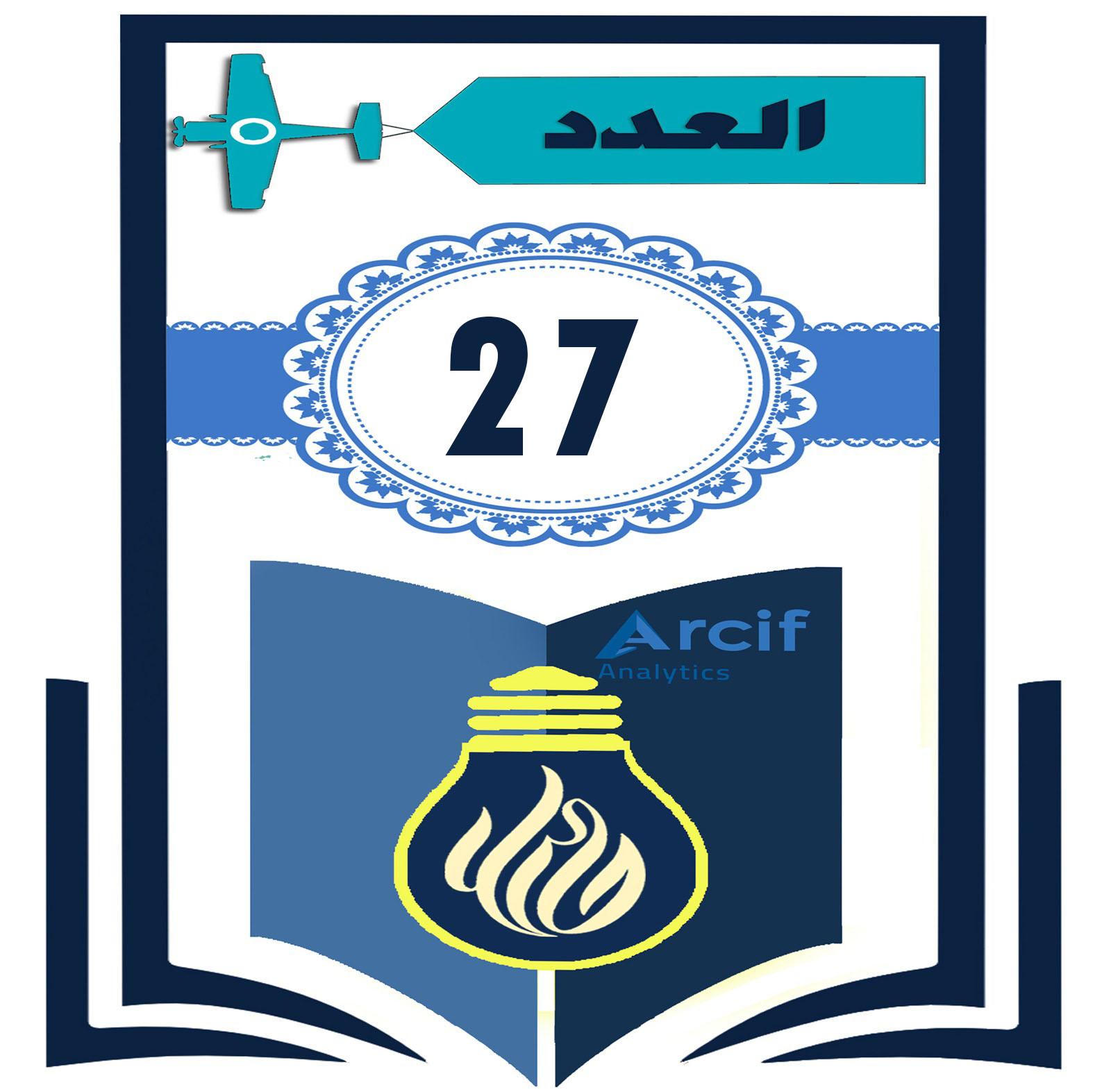Methodology of Abu al-Fath Abd al-Wahid ibn Mohammed ibn Masrur al-Balkhi in Jarh and Ta'dil Based on al-Khatib al-Baghdadi’s Narrations in Tarikh Baghdad: An Inductive, Analytical, and Comparative Study
Main Article Content
Abstract
This study explores the methodology of Abu al-Fath Abd al-Wahid ibn Mohammed ibn Masrur al-Balkhi in the field of hadith criticism (al-jarh wa al-ta'dil), based on his statements recorded in Tarikh Baghdad by al-Khatib al-Baghdadi. The researcher employed an inductive method to collect relevant material, and applied both analytical and comparative approaches in evaluating it. The findings reveal that Ibn Masrur was a distinguished critic whose evaluations leaned predominantly toward endorsement (ta'dil), while his use of disparagement (jarh) was limited, often restricted to mild criticism (talyin). The study further demonstrates his precision and balance in employing a range of evaluative expressions, taking into account their hierarchical nuances. Among the key recommendations of this research are: the need to collect and study the methodologies of lesser-known hadith critics, the importance of examining the influence of the Baghdad school of criticism, and the call for broader comparative studies on the critical terminology and implications used by various scholars.
Article Details
Issue
Section

This work is licensed under a Creative Commons Attribution 4.0 International License.
© Journal of Humanities, University of Ha’il. Articles are published under the Creative Commons Attribution 4.0 International (CC BY 4.0) license, permitting use, distribution, and reproduction in any medium, provided the original work is properly cited with a link to the license and indication of changes.

